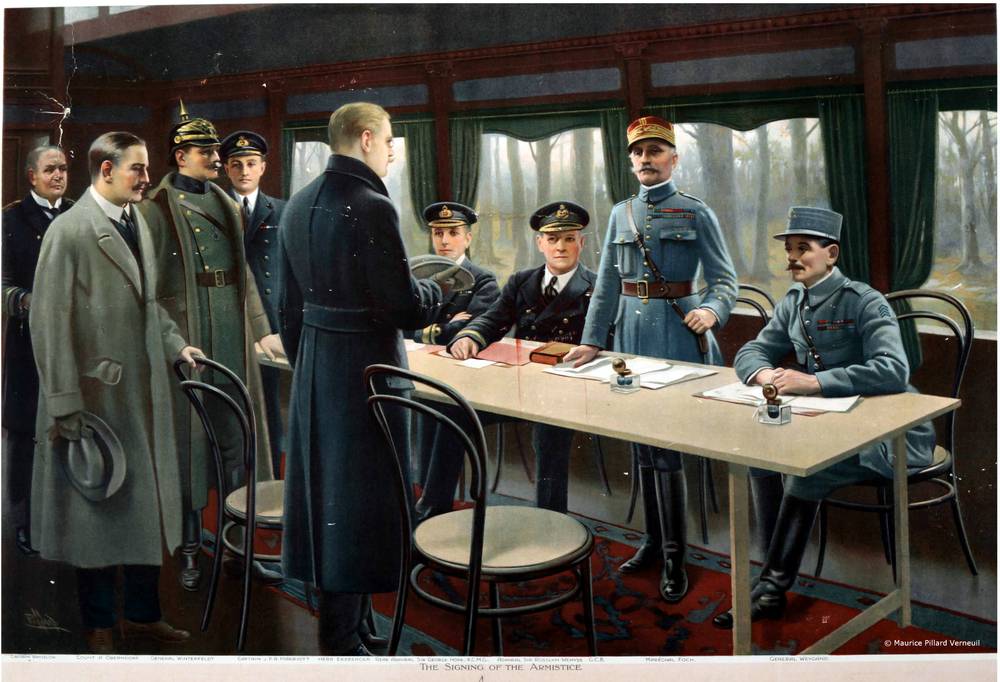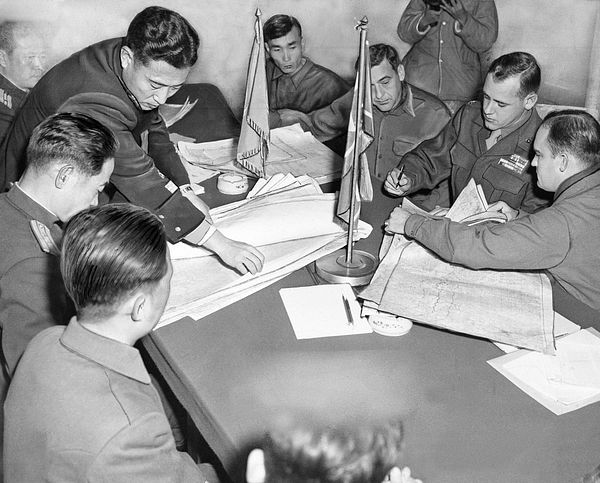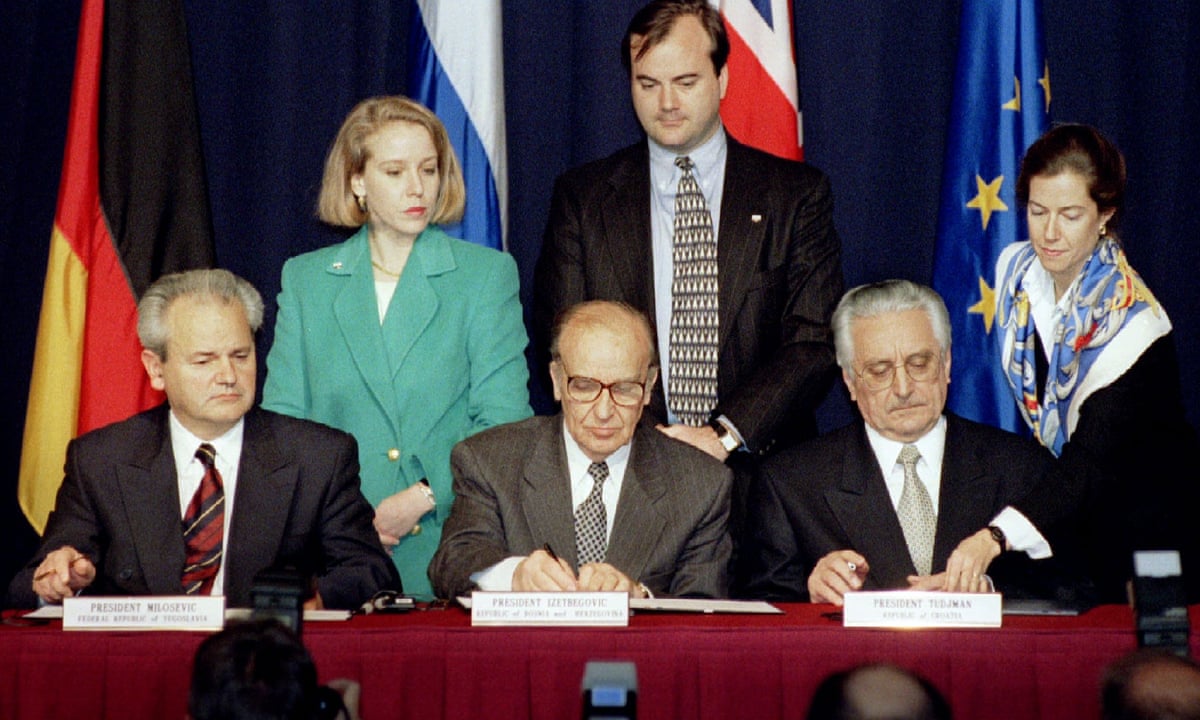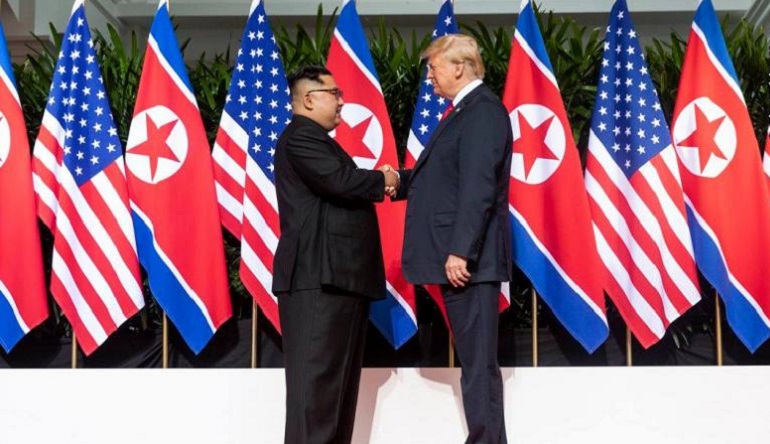International Relations and Diplomacy
International relations (IR) is the study of the interactions between countries and other actors in the global system. Diplomacy is the practice of conducting negotiations between countries or other actors in the global system.
IR and diplomacy are closely related fields, and they both play an important role in shaping the world we live in. IR provides the theoretical foundation for understanding the global system, while diplomacy is the practical tool for managing relations between countries.
There are many different approaches to IR, but some of the most important theories include realism, liberalism, and constructivism. Realism focuses on the role of power in international relations, liberalism focuses on the role of cooperation and institutions, and constructivism focuses on the role of ideas and norms.
Diplomacy has a long and rich history, dating back to ancient times. The earliest diplomats were typically envoys or ambassadors who were sent to other countries to represent their own country's interests. In modern times, diplomacy has become more complex and sophisticated, and it now involves a wide range of activities, such as negotiation, mediation, and conflict resolution.
IR and diplomacy are both important fields of study, and they are both essential for understanding and managing the global system. A career in IR or diplomacy can be challenging and rewarding, and it offers the opportunity to make a real difference in the world.
Here are some of the reasons why we study international relations and diplomacy:
- To understand the world we live in: IR and diplomacy help us to understand the complex relationships between countries and other actors in the global system. This understanding is essential for making informed decisions about foreign policy and international affairs.
- To solve global problems: IR and diplomacy can be used to solve global problems such as climate change, poverty, and terrorism. By understanding the root causes of these problems and developing creative solutions, IR and diplomacy can help to make the world a better place.
- To promote peace and cooperation: IR and diplomacy can be used to promote peace and cooperation between countries. By building trust and understanding, IR and diplomacy can help to prevent conflict and build a more stable and prosperous world.
- To develop new skills: IR and diplomacy can help you develop valuable skills such as critical thinking, problem-solving, and communication. These skills are in high demand in today's globalized world, and they can open up many exciting career opportunities.
If you are interested in learning more about international relations and diplomacy, there are many resources available to you. You can take courses at a university, read books and articles, or attend conferences and workshops. You can also get involved in student organizations or internships related to IR and diplomacy.
The field of international relations and diplomacy is constantly evolving, and there are always new challenges and opportunities to explore. If you are interested in making a difference in the world, a career in IR or diplomacy could be the perfect fit for you.
Diplomacy can be used in times of war to achieve a variety of goals, such as:
- To end the war: Diplomacy can be used to negotiate a ceasefire or peace agreement between warring parties. This can be a difficult and complex process, but it is often the only way to end a war and bring peace to a region.
- To secure a cease-fire: A cease-fire is an agreement between warring parties to stop fighting. This can provide a temporary respite from the violence and allow time for diplomats to work towards a more permanent solution.
- To secure humanitarian aid: Diplomacy can be used to secure the delivery of humanitarian aid to civilians affected by war. This is essential for preventing mass starvation and disease.
- To protect civilians: Diplomacy can be used to protect civilians from the effects of war. This can include negotiating the safe passage of civilians out of war zones, or ensuring that they have access to food, water, and shelter.
- To build trust: Diplomacy can be used to build trust between warring parties. This is essential for creating the conditions necessary for peace negotiations to succeed.
- To promote dialogue: Diplomacy can be used to promote dialogue between warring parties. This can help to break down the barriers of mistrust and pave the way for a negotiated settlement.
Diplomacy is not always successful in times of war, but it is often the only way to achieve a peaceful resolution. When used effectively, diplomacy can save lives and prevent further suffering.
Here are some examples of how diplomacy has been used in times of war:




 These are just a few examples of how diplomacy has been used in times of war. Diplomacy is not always successful, but it is often the only way to achieve a peaceful resolution.
These are just a few examples of how diplomacy has been used in times of war. Diplomacy is not always successful, but it is often the only way to achieve a peaceful resolution.







































